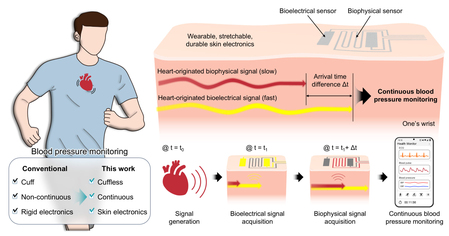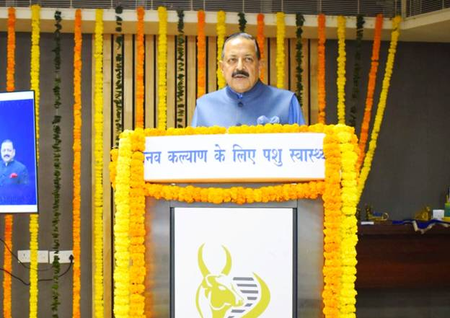
New Delhi, Aug 11 (IANS) Women who experienced being stalked are more than 40 per cent likely to develop heart disease and stroke, according to an alarming study on Monday.
About 1 in 3 women have been stalked at some point in their lives, according to data on intimate partner violence collected by the US Centers for Disease Control and Prevention.
The study, published in the American Heart Association’s flagship journal Circulation, noted that common forms of violence against women, such as stalking or stalking harassment behaviours, such as receiving unsolicited correspondence, that make them fearful, are rarely discussed in cardiovascular research.
“The link between stalking and cardiovascular disease may be due to psychological distress, which may disrupt the nervous system, impair proper blood vessel function, and negatively affect other biological mechanisms,” explained researchers from Harvard University in the US and the University of British Columbia in Canada.
Notably, the study also found that women who obtained a restraining order for protection had a 70 per cent increased risk of developing cardiovascular disease.
A restraining order is a legal document that seeks to limit contact between a victim and perpetrator. Obtaining a restraining order was considered a sign of severe violence.
The findings, based on data for more than 66,000 women, average age 46, analysed stalking, restraining orders, and heart disease or stroke development among participants from 2001 to 2021.
The analysis found that, overall, nearly 12 per cent of the women in the study reported that they had been stalked, while nearly 6 per cent of them said they had obtained a restraining order.
About 3 per cent of all women studied reported new-onset heart disease or stroke during the 20 years of the study.
The increased risks for heart attack and stroke associated with stalking and restraining orders remained despite the existence of other self-reported cardiovascular risk factors, such as health and lifestyle behaviors, medications, health conditions, childhood abuse, and symptoms of depression.
“Stalking is often seen as a form of violence that does not involve physical contact, which may make it seem less serious,” said Rebecca B. Lawn, a research associate in epidemiology at Harvard T.H. Chan School of Public Health in Boston.
But it can be “chronic” and may lead to significant changes in women, she added.
Lawn said more research, as well as training for health care professionals, is needed to understand the link between stalking or obtaining a restraining order and women’s cardiovascular health.
“We also need to increase awareness about the potential health harms of experiencing violence and provide women with help and resources,” she said.
–IANS
rvt/




